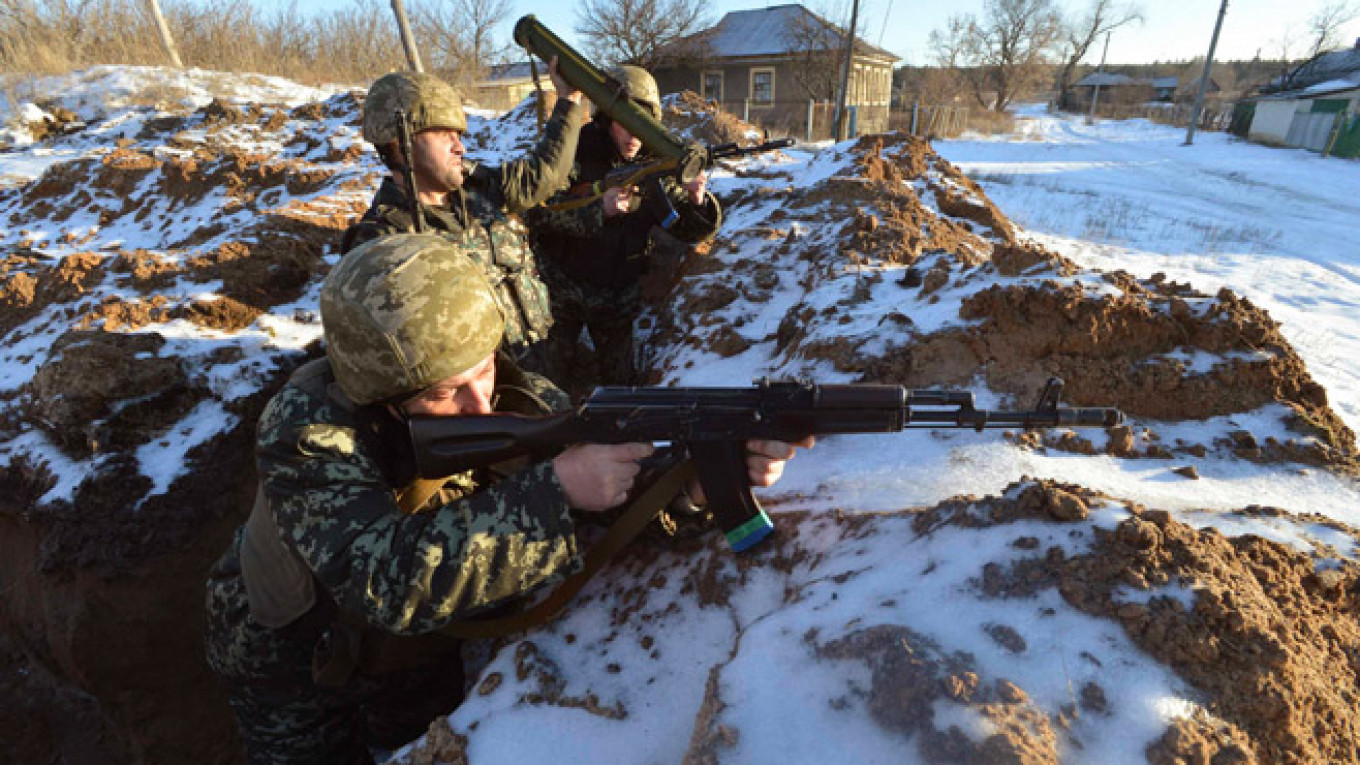Since the crisis in Ukraine began, many have claimed that a new Cold War between Russia and the West already exists. This rhetoric, used even by high-profile politicians, in my opinion, is driven mostly by emotions and is meant to justify difficult positions taken by one or the other side.
I am convinced that no Cold War of the type we experienced in the second half of the 20th century can be repeated today. The world has changed in the most radical way. Today we live in an entirely new reality that does not fit the old paradigms.
But if we compare the current state of global affairs with those that existed during the Cold War, we must keep in mind that during the Cold War, international relations were confined by a certain order established after the end of World War II.
All the shortcomings and liabilities of this order notwithstanding, it allowed humankind to avoid a new global disaster.
True, we all lived fearing a devastating nuclear conflict. But this fear forced the Soviet Union and the United States to negotiate serious nuclear arms reduction agreements accompanied by appropriate verification mechanisms.
Today we live in a world where the old order has ceased to exist, and a new one that would suit all the major players has not yet been established. And this is what makes our times so different from the Cold War.
Yes, we have the same international institutions like the United Nations, just as we had in the second half of the past century. Formally, we all subscribe to the established norms of international law. However, as the Ukraine crisis has demonstrated once again, the old institutions are dramatically losing their efficiency, and international law is becoming a victim of political interests.
The current transition stage in international relations has become unnecessarily protracted, and further procrastinations in facing these problems will generate more complications. Above all, the current transition creates major security challenges.
The threat of a nuclear conflict is higher today than it was during the Cold War. In the absence of a political dialogue, with mutual mistrust reaching historical highs, the probability of unintended accidents, including those involving nuclear weapons, is getting more and more real.
The situation with regional conflicts does not look any better. Let us consider, for instance, the Middle East conflict and the security of Israel. During the Cold War, the two superpowers had at their disposal mechanisms that could stop military clashes in the region within a couple of days, preventing uncontrolled escalation. Today such mechanisms are no longer available.
The recent terrorist act in Paris has demonstrated not only the vulnerability of modern society to religious extremism, but also the absence of adequate instruments that should unite the international community in its fight against this common threat.
Likewise, the Ukraine crisis that has already led to thousands of deaths and the suffering of millions of innocent people should be a powerful message to all of us: We are falling behind a rapidly changing world and are failing to come up with adequate solutions to problems of the 21st century.
I noticed that on New Year's Eve many wished their friends and loved ones not only traditional things like good health, happy family life and professional accomplishments, but also a peaceful year without war.
This bad presentiment should urge responsible politicians all over the world to put aside their ambitions and mutual insults in order to start a meaningful dialogue about the future world order that would allow all the nations to build their own futures. Otherwise, instead of a new Cold War, someday we could face a real, large-scale military conflict.
Igor Ivanov is the president of the Russian International Affairs Council (RIAC) and served as Russian foreign minister from 1998 to 2004.
A Message from The Moscow Times:
Dear readers,
We are facing unprecedented challenges. Russia's Prosecutor General's Office has designated The Moscow Times as an "undesirable" organization, criminalizing our work and putting our staff at risk of prosecution. This follows our earlier unjust labeling as a "foreign agent."
These actions are direct attempts to silence independent journalism in Russia. The authorities claim our work "discredits the decisions of the Russian leadership." We see things differently: we strive to provide accurate, unbiased reporting on Russia.
We, the journalists of The Moscow Times, refuse to be silenced. But to continue our work, we need your help.
Your support, no matter how small, makes a world of difference. If you can, please support us monthly starting from just $2. It's quick to set up, and every contribution makes a significant impact.
By supporting The Moscow Times, you're defending open, independent journalism in the face of repression. Thank you for standing with us.
Remind me later.








